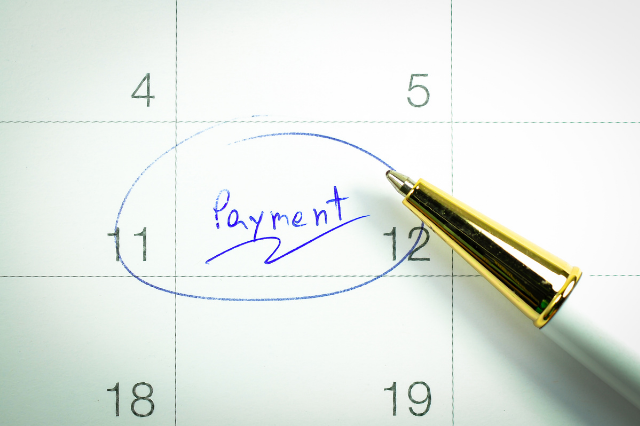
The ever-changing payer landscape leaves patients and healthcare organizations alike unsure about coverage. Coupled with rising out-of-pocket costs and deductibles, patients are looking for new and better payment options for their medical care. Payment plans can be a valuable option for both the patient and your organization – but only when properly established and monitored. Without regular oversight and enforcement, payment plans lose their effectiveness as a recovery tool.
Are your patients on payment plans still ending up in bad debt? Here are a few reasons your payment plans may not be working.
Plan Structure
If your healthcare organization doesn’t have a policy in place for establishing payment plans, it’s going to be difficult for your staff to create arrangements that meet the requirements of your financial policy, and nearly impossible to manage hundreds – if not thousands – of plans with different terms. This policy should include acceptable payment increments and plan terms, so they do not agree to excessively long arrangements that are difficult (and expensive) to monitor. It should also include the specific steps to be taken if the patient fails to meet the agreement so your staff can educate them upfront on the penalties for failure to pay.
Every member of your patient accounting and access staff should be familiar with your financial policy so they can have informed conversations with your patients about arrangements, and feel comfortable agreeing to terms that will benefit both the patient and your hospital’s bottom line.
Timeline
When it comes to establishing a payment plan your patients will adhere to, timing is everything. The older an account becomes, the less likely it is to be paid in full and the more difficult it becomes to enforce a payment arrangement.
Plans should be set up early, even before the time of service, if possible. Your patient access team should be trained and empowered to have financial conversations with your patients before they ever incur a bill. Setting expectations up front establishes trust and avoids any surprise after the visit. Offering a payment plan before the balance is due becomes a helpful payment tool instead of a debt collection tool.
Of course, your first step should always be to ask for payment in full (we’ve got an easy 8 step process for collecting on accounts for you here). When that is not an option, your next question should be about establishing a payment plan within your financial policy guidelines – not waiting to see what a patient sends in on their own.
Proper Monitoring and Follow-Up
If you’re establishing payment plans early and in accordance with your financial policy but still aren’t seeing results, chances are it’s because there is not enough oversight on the account to ensure compliance by the patient.
A payment arrangement only works when it is properly enforced. Patients may need regular reminders on the established schedule you discussed when setting up their payment plan – after all, if you can’t keep up with the plan, how can they be expected to? Here are a few tips for staying on top of your arrangements and removing barriers to payment through proper enforcement:
- Send statements on a prearranged schedule, preferably at least 15 days before the payment is due
- Use your statements to highlight how easy it is to pay – offer the various options available, including easy access to your web portal
- Provide several payment options – everything available within your hospital’s financial policy
Most importantly, if a patient fails to make a payment, it is critical to follow up within 5 days, by phone. Reconfirm the consequences of failing to uphold the payment arrangement and notify the patient when those actions will occur.
Proper payment plan monitoring allows hospitals and healthcare organizations to maintain their accounts receivable at a low cost by preventing balances from going to bad debt. However, it does require regular monitoring by your team to be successful. If your payment arrangements fail because you don’t have the infrastructure or the staff to monitor them properly, Revco Solutions can help. Contact us for more information on our payment monitoring system and how you can prevent more patient accounts from becoming delinquent.


